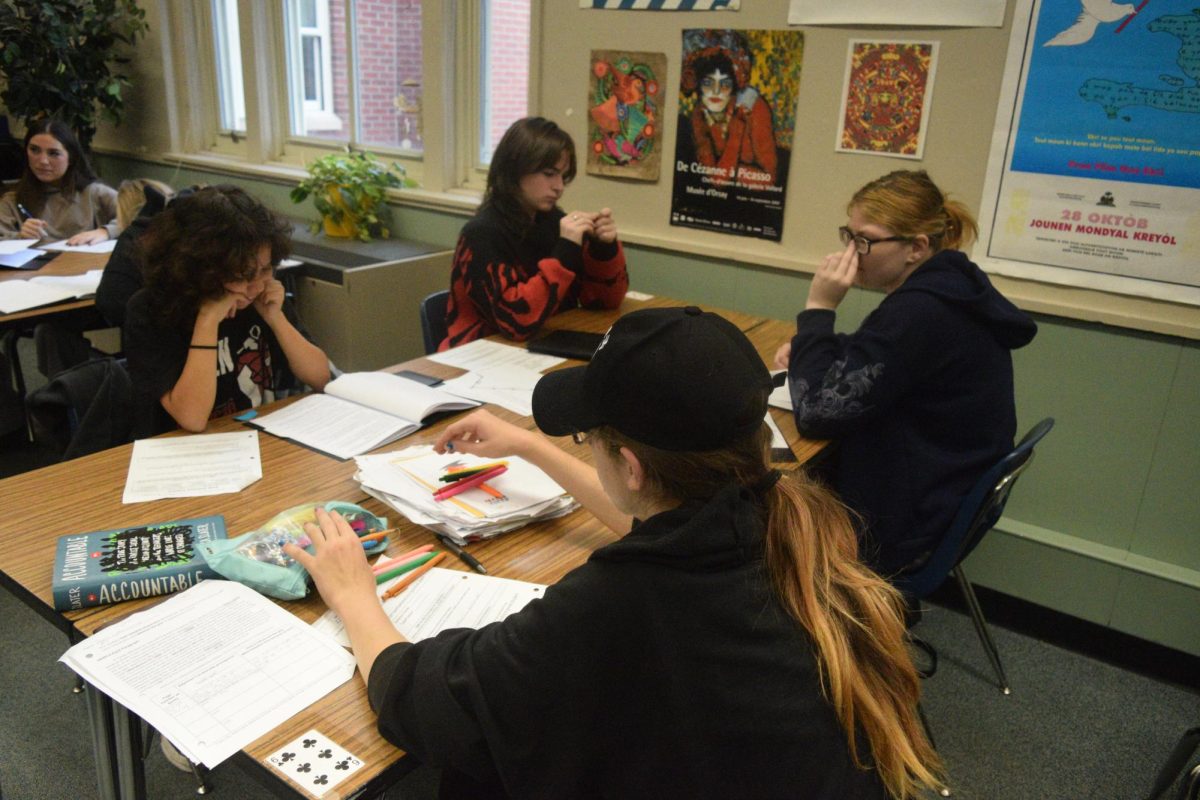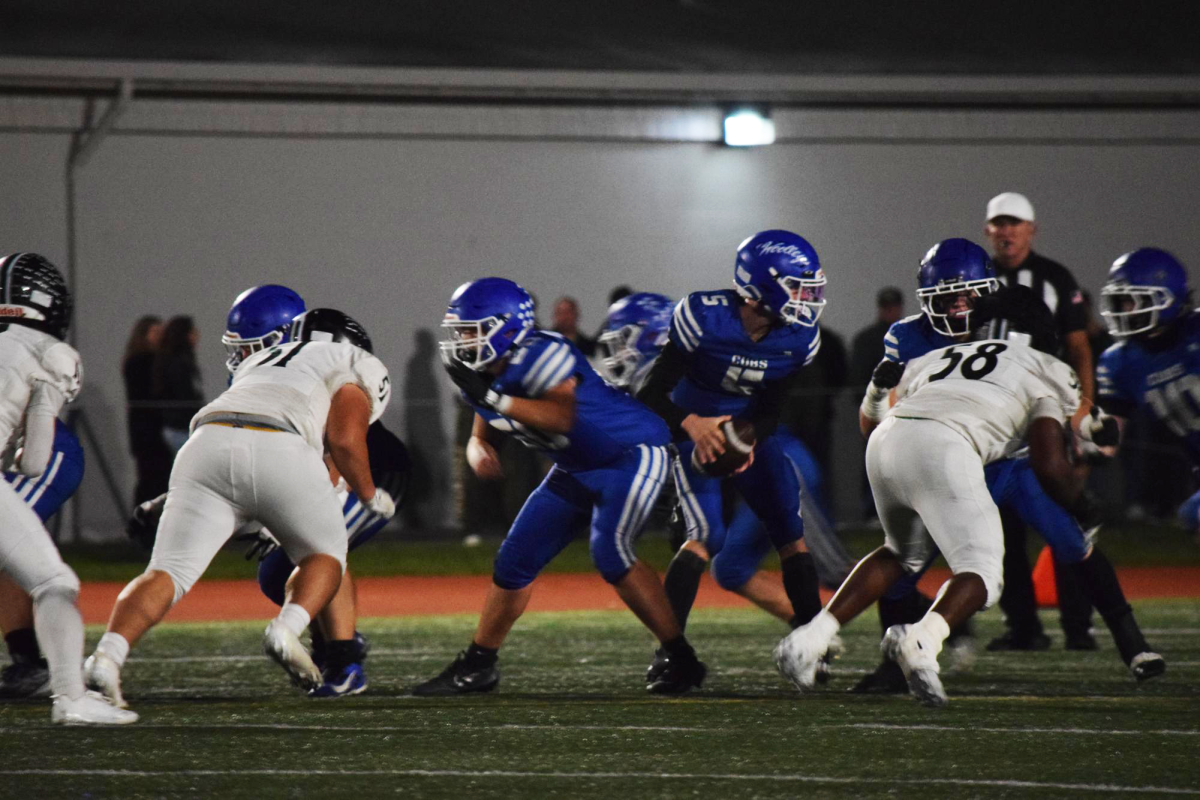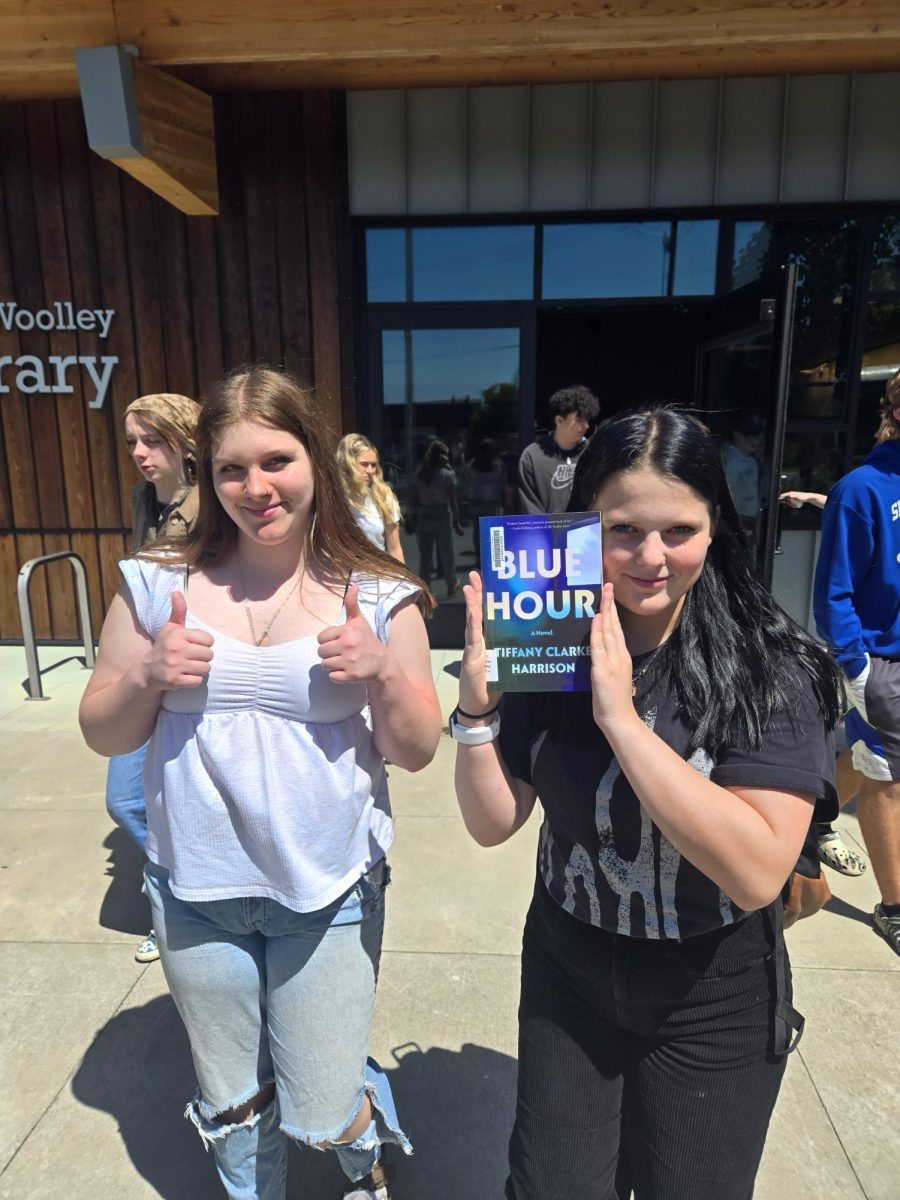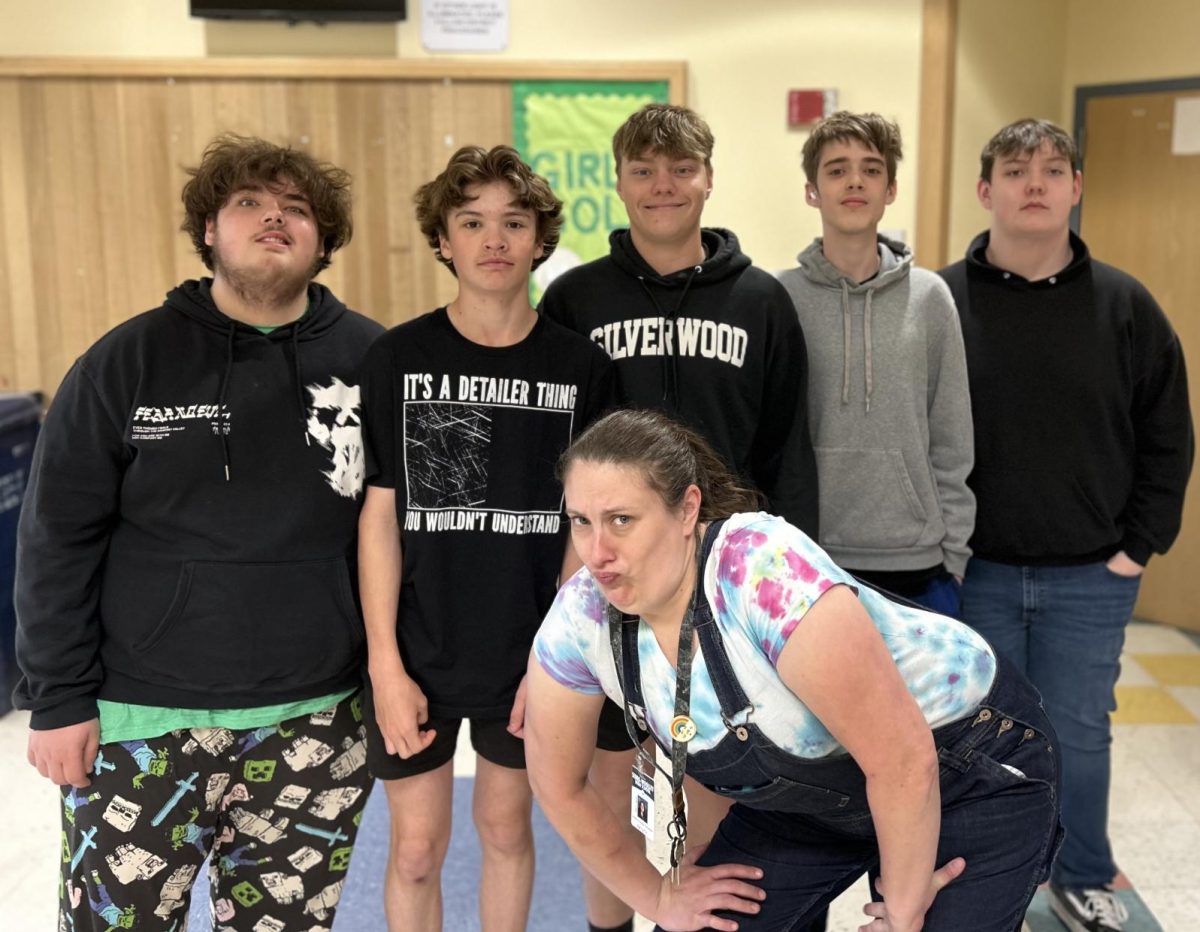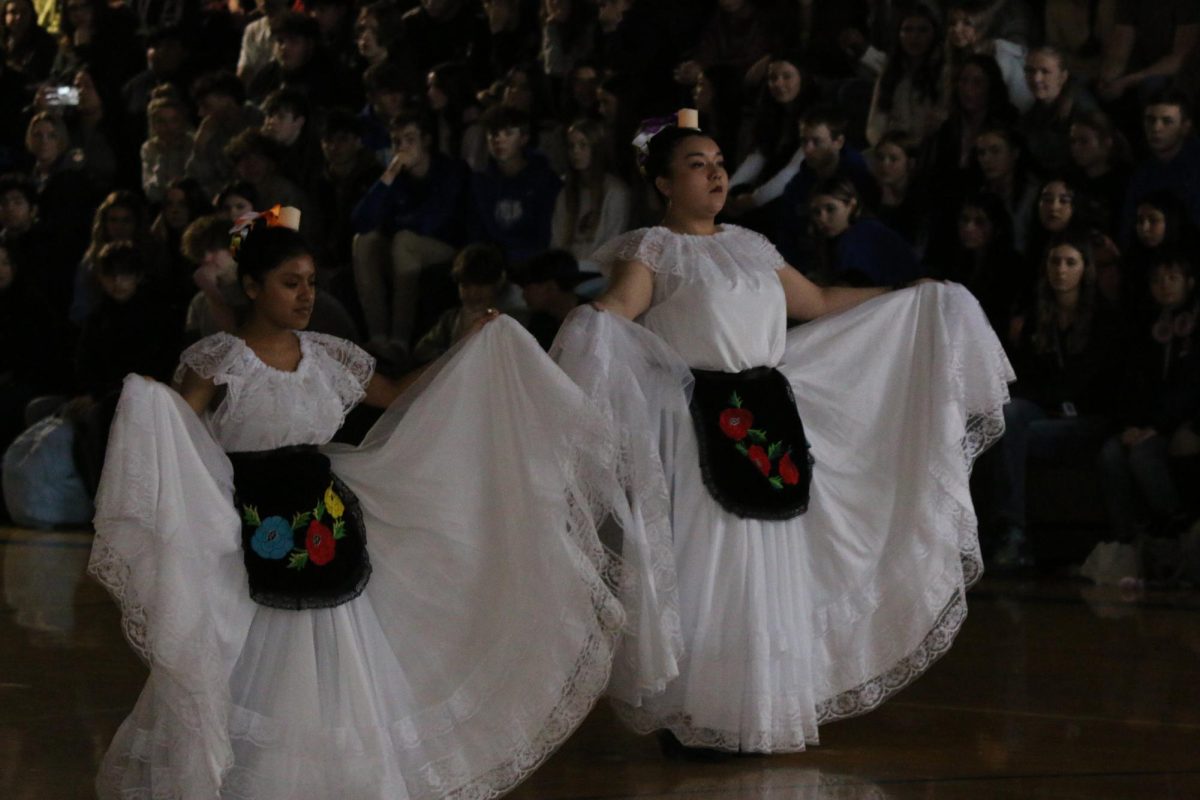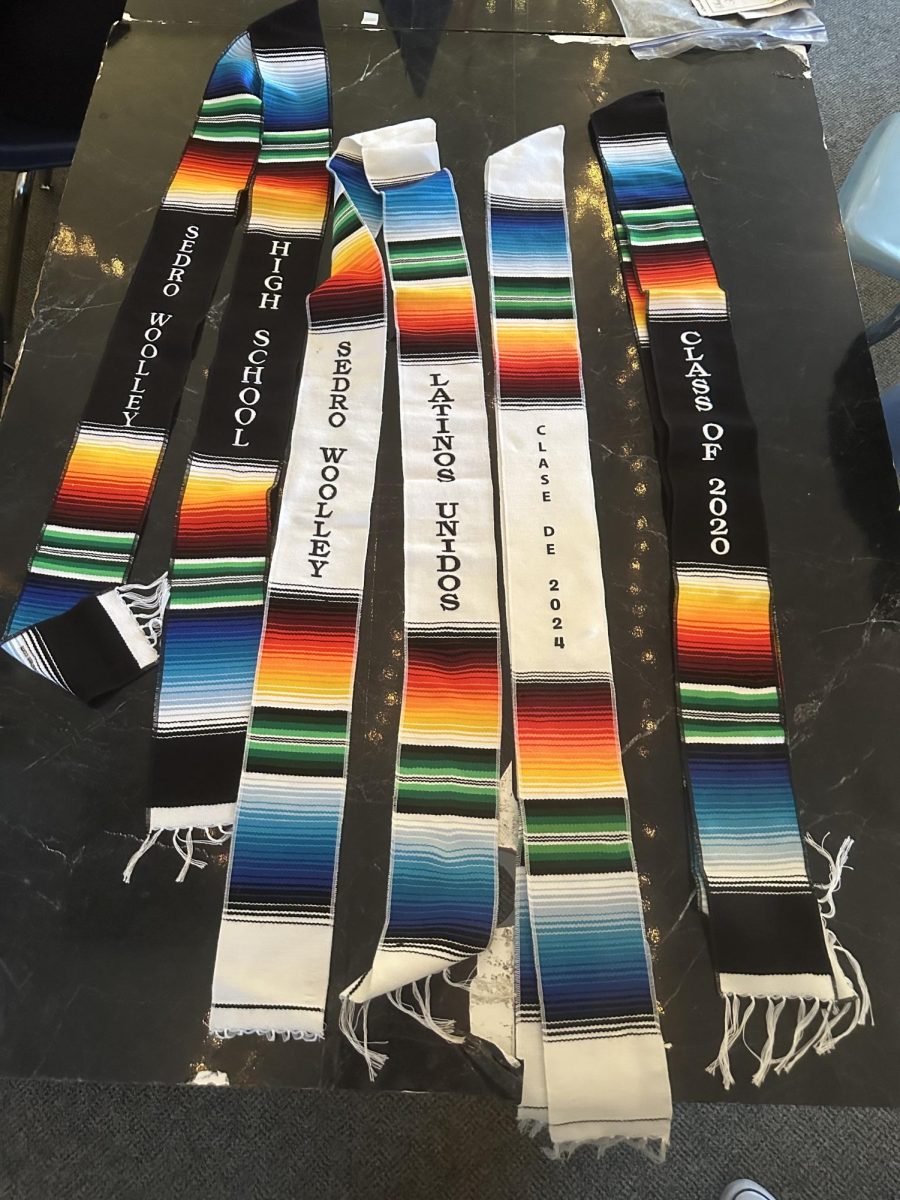Many students attend Sedro-Woolley with many different bright futures ahead. With this comes decisions: students can choose their path whether it’s college or workforce with the help of CIHS and CTE at the High School.
Looking at the facts…
This data came from the 2025 Spring Survey and consists of 134 unique responses, when asked what classes they’ve taken thus far, Career and Technical Education (CTE) was 78% of what students chose. CTE provides a great choice for all students interested in learning hands on and making sure they find their dream before graduating, with College in The High School (CIHS) being a close pick as well.

“I’ve done mostly the AP/Honors track, gone all the way through AP Calculus and AP Literature.”
Jonah Hoch is a senior graduating from Sedro-Woolley High School and has taken several rigorous classes. Hoch feels that while some classes did not push him hard enough, he enjoyed the history classes such as AP Comparative Government.
“We need to have raised expectations of students.”
Hoch expressed that while CTE programs are crucial, we should prioritize academics instead of pushing back on standards such as reading and writing. Hoch wishes his teachers may have pushed him more.
“We do have rigor, it’s just a different kind of rigor.”
Windy Hindman is a CIHS teacher and NHS advisory at SWHS. Hindman talked about how she keeps the program balanced by giving all the students enough time to genuinely sharpen their excellence and that rigor isn’t about just quantity of how many books but as well as the quality of writing, being able to perform it.
“Students often have too much on their plate; work, eight periods, athletics.”
Many of the students Hindman works with don’t have the amount of free time to take on the rigorous coursework. Hindman wants to not only provide a place where students are able to achieve college credit, but also understands that they have lives of their own and must take that into account when planning.
Jacob Grantham teaches two CIHS classes and shared for students to achieve rigor it’s going to be uncomfortable.
“I try to establish lower risk practices that are meant to provide an idea of what the expectations are for high level assessments without the weight of assessment grade.”
Grantham also urges students to understand the consequences of being unprepared as doing so now helps them succeed in college.
“Taking risk takes confidence, and asking difficult questions and trying to find answers to those questions takes a level of confidence you don’t often get if you haven’t been challenged academically.”
Students who take CIHS classes also get more time incorporated to complete tasks such as reading and assigned homework and can often time create deeper bonds with their teachers.
More data from survey..
This question had 139 responses and 45% of students rate the classes a four out of five when it comes to how well prepared they were at the high school. Since CIHS teachers must report student grades to the college, teachers are there to prepare students for the workload and deadlines like real college classes and can not change the standards set by the college.

“Academic rigor is knowing that studying is an active verb, and studying takes place in a variety of ways over a number of days.”
Meredith Kitchens is a CIHS teacher, who teaches English 101. Before CIHS was offered, it was an Advanced Placement (AP) class which had a test fee in order to get college credit for the class. The course is still the same, but it’s able to offer credit without the pressure of high stakes test at the end of the year.
“When I look at Lip Dub, for example, and think of all the students who missed out on that school-wide celebration of Cub pride, it makes me sad.”
Kitchens suggested that CIHS is better than Running Start, since you will get the same high school experience as everyone else without worrying about missing out on college credit opportunities, while also getting treated as a high school student. Along with AP/Running Start, you’ll need to pay fees for the test or books, CIHS is free.
“For me, it’s pretty easy, but for other people a little bit challenging.”
Jace Molina is a senior taking automotive classes at NCTA. Molina enjoys the class because the teacher makes the class fun and helps out students if they are a total beginner at cars. Molina also talked about how they stress the safety and always give good advice when it comes to what to do with the car or how to avoid danger.
“We got a couple people come in from different places around the world.”
Molina mentioned a little about internships and how there’s a place in Arizona where you can get the chance to work on diesel trucks or even at the SVC Diesel Mechanics. NCTA is able to provide free training for people like Molina who want to learn about automotive, even offering medical sciences, criminal justice, and tons more.

Thank you for reading and have a great summer!

